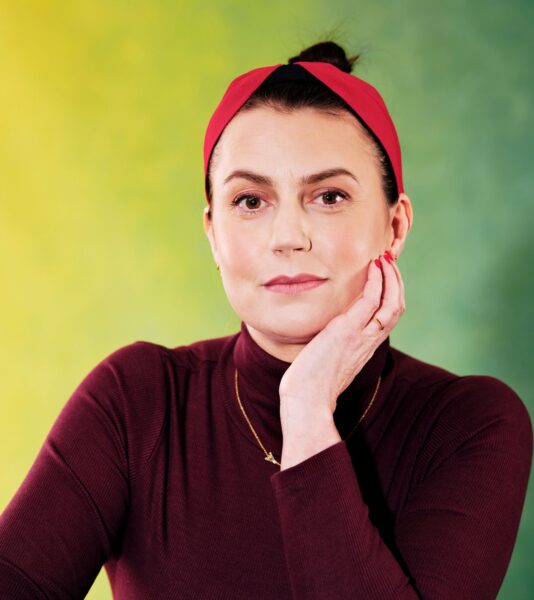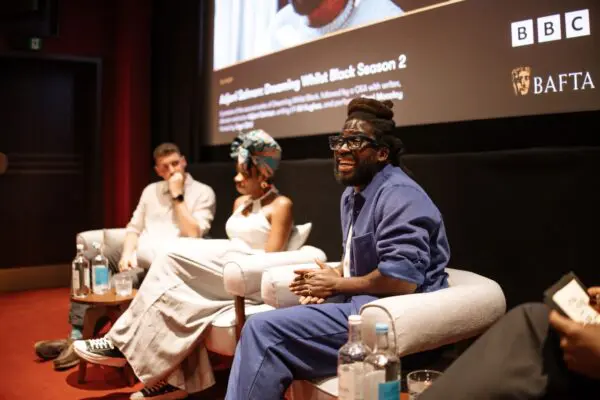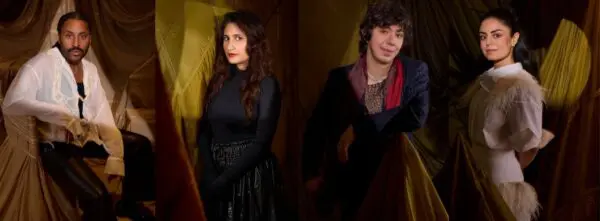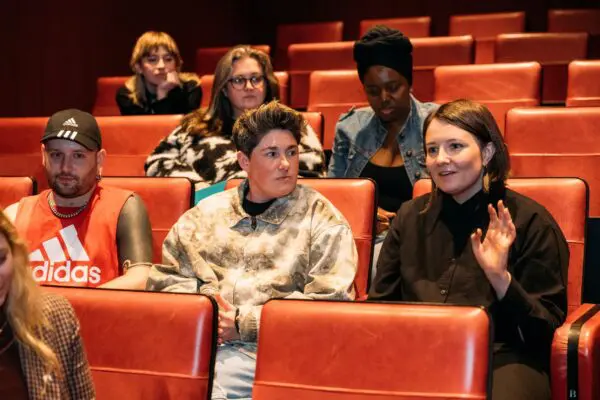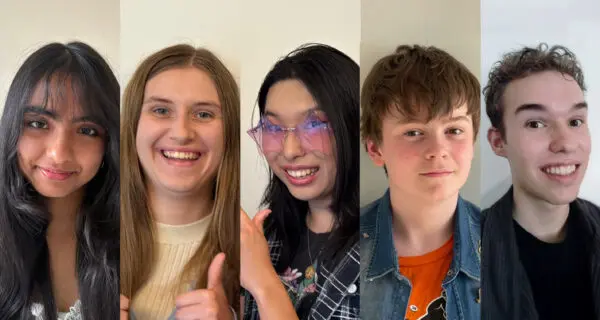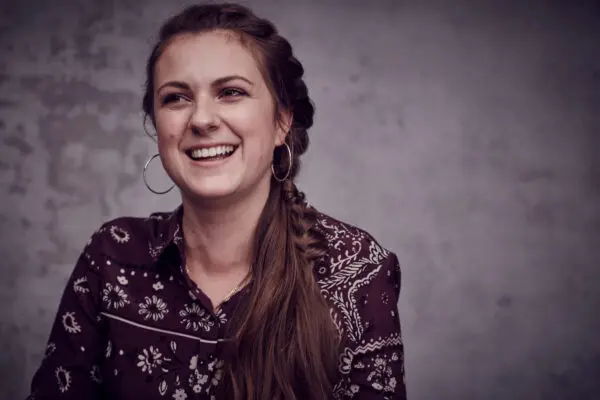There has been a lot of public discussion about class diversity in the industry in the past 18 months. It was the focus of James Graham’s MacTaggart Lecture last year, the 2025 Edinburgh Festival had a working group focussed on the topic and of course it was the reason for BAFTA’s Invisible Barriers report.
Clearly, the issue isn’t a new one, but it is ongoing. So, we asked Jemma Gander, who is part of this year’s BAFTA Elevate cohort to share her thoughts on the issue. Jemma Gander is an award winning and Grierson nominated Director/ Producer. Her credits include The Wrong Man: 17 Years Behind Bars (BBC2), I am an Alcoholic: Inside recovery (BBC2) and Jailed Over a Group chat (Channel 4.) And BAFTA Elevate is a bespoke programme of professional development which offers mentoring, tailored masterclasses and networking opportunities to individuals from underrepresented backgrounds.
Here Gander explains why it’s so important that conversations about class diversity are coming to the fore now and what she hopes will change as a result…






